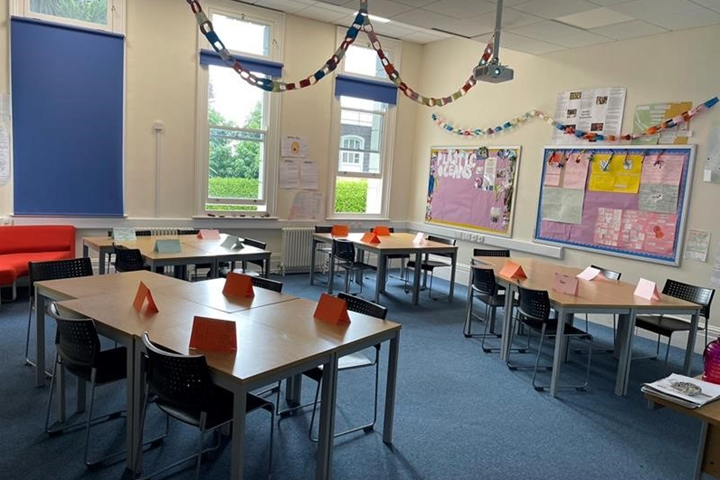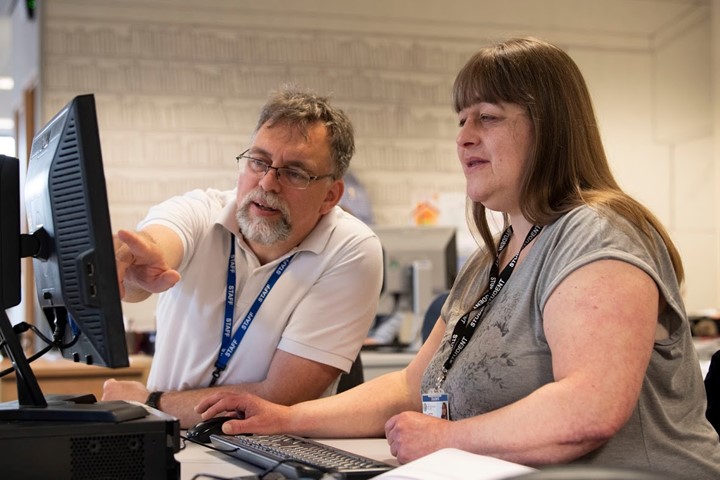Using joint practice development as a model of collaborative enquiry
Further Education (FE) colleges in the UK are in a constant changing landscape to meet ‘urgent’ priorities from government initiatives, educational foci, skills needs of employers and industrial policy changes, writes Joyce I-Hui Chen, Lecturer in Professional Development and Teacher Education at the College of West Anglia, Norfolk.
‘FE colleges have led the way in listening and responding to the voices of their students and of local employers, but there are other voices that deserve to be heard: the voices of tutors. Politicians are convinced of the efficacy of student voices in improving TLA, yet they remain deaf to the voices of those who have the most power to enhance the quality of TLA: educators’ (Coffield, 2017, p.47).
FE college lecturers are often required to ‘keep up-to-date’ with these changes in a limited amount of time and expected to ‘embed’ them in their teaching to ensure that learners benefit from these initiatives and policies. Essentially, these priorities contribute to the inspection framework for teaching, learning and assessment (Coffield, 2008; Coffield and Williamson, 2012; Coffield, 2017; Daley, 2001).
This resource is member-only content.
Login or join SET to view the full resource.




